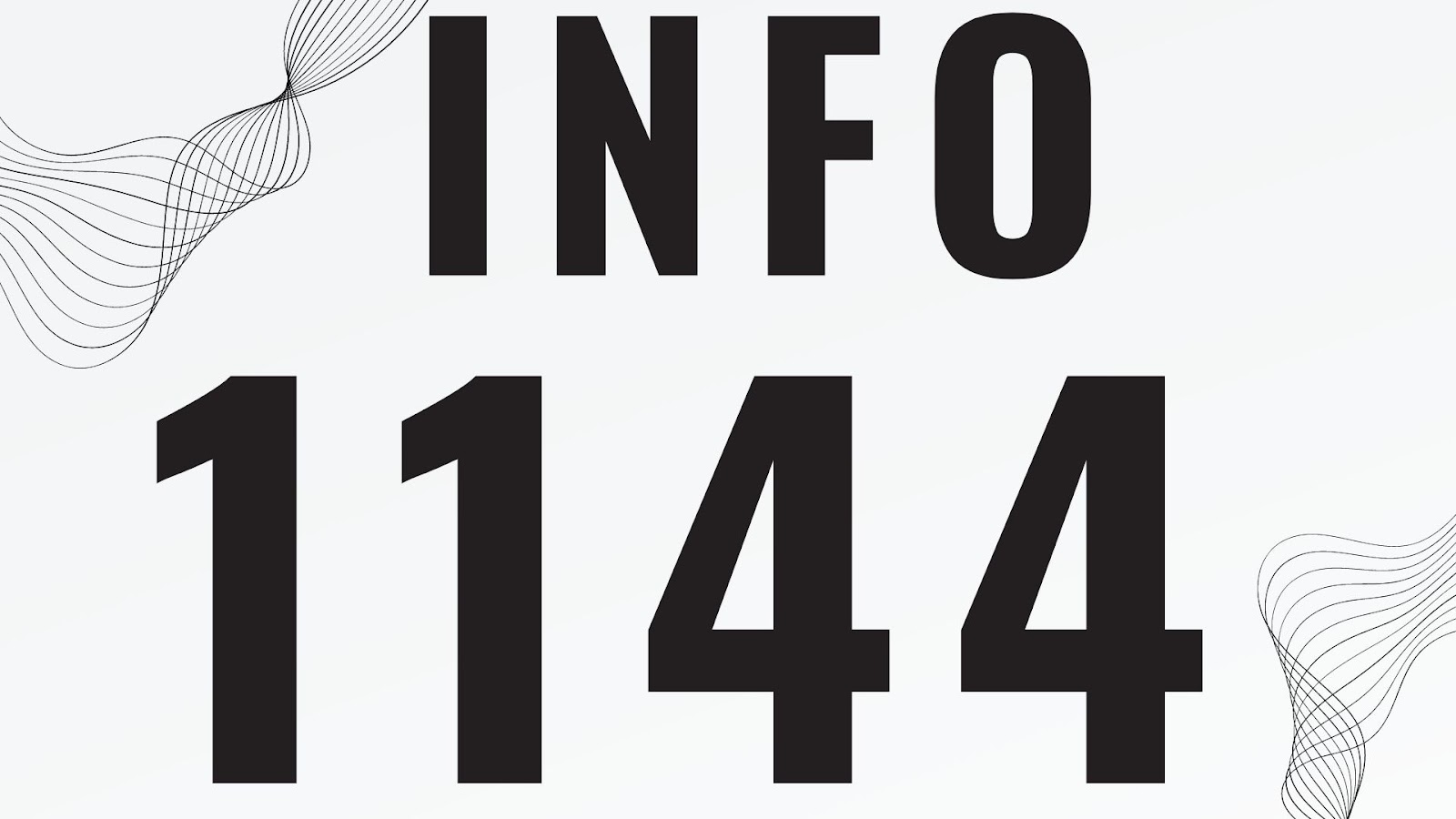Vaccination: Safeguarding Health and Community Well-being
In the ongoing battle against infectious diseases, vaccines stand as a crucial shield, offering protection not only to individuals but also to entire communities. The significance of vaccination extends beyond personal health, playing a pivotal role in curbing the spread of diseases, mitigating the risk of outbreaks, and safeguarding vulnerable populations, including the elderly and young children.
At its core, vaccination serves as a preventive measure, fortifying the body's immune system against specific pathogens. By introducing harmless versions of viruses or bacteria into the body, vaccines stimulate the production of antibodies, which provide immunity against future encounters with the actual disease-causing agents. This preemptive defense mechanism not only shields individuals from falling ill but also impedes the transmission of pathogens within the community.
The collective benefits of vaccination become evident through the concept of herd immunity, wherein a significant portion of the population becomes immune to a disease, thereby indirectly protecting those who are not vaccinated or are unable to receive vaccines due to medical reasons. Herd immunity serves as a vital defense mechanism, particularly for individuals with compromised immune systems, for whom contracting certain diseases could pose severe health risks.
Moreover, vaccination plays a pivotal role in preventing the resurgence of once-dreaded diseases. Diseases such as polio, measles, and smallpox, which were once widespread and claimed countless lives, have been effectively controlled or eradicated through comprehensive vaccination campaigns. These success stories underscore the transformative impact of vaccination on public health outcomes and highlight its role as a cornerstone of disease prevention efforts worldwide.
Importantly, vaccines undergo rigorous testing and evaluation to ensure their safety and efficacy. Stringent regulatory processes govern the development, approval, and distribution of vaccines, with extensive clinical trials conducted to assess their safety profiles and effectiveness in conferring immunity. This commitment to scientific rigor and evidence-based decision-making underscores the reliability and trustworthiness of vaccination as a public health intervention.
Despite the proven benefits of vaccination, misinformation and vaccine hesitancy pose significant challenges to immunization efforts. Misconceptions regarding vaccine safety and efficacy can undermine public confidence in immunization programs, leading to suboptimal vaccine uptake rates and increased vulnerability to disease outbreaks. Addressing vaccine hesitancy requires a multifaceted approach, encompassing public education, transparent communication, and community engagement to dispel myths and foster trust in vaccination as a vital tool for disease prevention.
In conclusion, vaccination stands as a cornerstone of public health, offering a safe and effective means of protecting individuals and communities against infectious diseases. Through widespread vaccination efforts, we can bolster immunity, prevent outbreaks, and safeguard the health and well-being of populations worldwide. Embracing vaccination as a collective responsibility is essential in our ongoing efforts to combat infectious diseases and build healthier, more resilient societies for generations to come.



0 Comments
Thanks for comment.